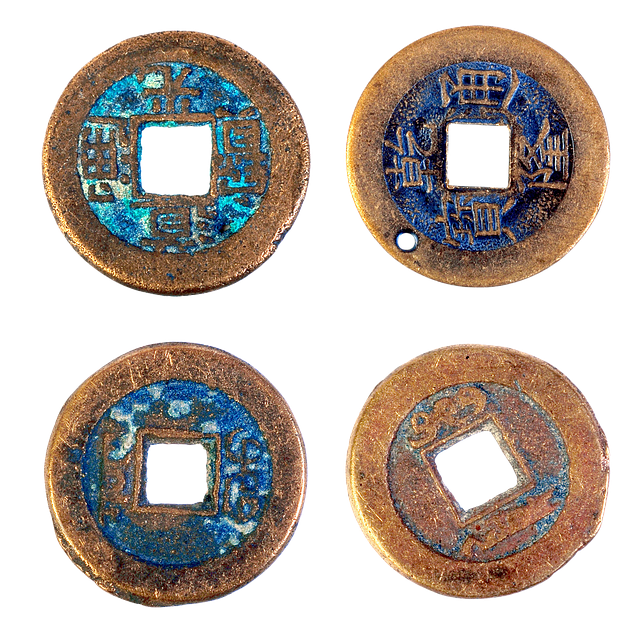Car title loan rollovers, using vehicle titles for quick cash with high-interest rates and short terms, trap borrowers in debt cycles. Lenders encourage new loans to cover old debts, with deceptive practices and risk of repossession. Online applications exacerbate the problem. Legal frameworks vary across regions, but reforms are needed to protect consumers from predatory practices.
Are you aware of the potential pitfalls hidden within car title loan rollover practices? This article delves into the complex world of these short-term loans, uncovering common abuses that can trap borrowers in a cycle of debt. We explore how lenders often manipulate rollovers, leading to sky-high interest rates and extended repayment periods. By examining existing legal frameworks, we assess their effectiveness in protecting borrowers from these predatory tactics, shedding light on the need for stronger regulations in the car title loan industry.
- Understanding Car Title Loan Rollover Practices
- Prevalent Abuses and Their Impact on Borrowers
- Existing Legal Frameworks and Their Effectiveness
Understanding Car Title Loan Rollover Practices

Car title loan rollover practices refer to the process where borrowers, facing financial strain and needing immediate access to cash, use their vehicle titles as collateral for short-term loans. These loans, often marketed as quick fixes for emergency funds or sudden expenses, come with high-interest rates and fees. In many cases, these rollovers can trap borrowers in a cycle of debt, leading to substantial financial burden. Dallas Title Loans, like many others across the country, have seen an increase in such transactions, highlighting the need for clear regulations to protect vulnerable consumers from abusive practices.
Understanding these rollover mechanisms is crucial. Typically, borrowers take out a loan using their car title as collateral, agreeing to repay with interest within a specified period. However, if they fail to pay on time or borrow again before paying off the previous loan, the lender can repossess the vehicle. This cycle of rolling over the loan can significantly impact a borrower’s financial health, making it essential for lenders to adhere to fair lending practices and for borrowers to be fully aware of the implications.
Prevalent Abuses and Their Impact on Borrowers

Car title loan rollovers have become a significant concern due to various prevalent abuses that negatively impact borrowers. One common tactic is the encouragement of borrowers to take out new loans to cover existing debts, often with higher interest rates and shorter repayment periods. This cycle traps individuals in a debt spiral, making it increasingly difficult for them to repay their initial loan. Additionally, some lenders use deceptive practices during the application process, such as misleading information about interest rates, repayment terms, and fees.
These abusive lending practices can lead to borrowers losing their vehicles through repossession or even facing foreclosure on their homes if they fail to meet the strict repayment conditions. The impact extends beyond financial strain; it can cause significant stress and negatively affect borrowers’ mental health. Online applications for car title loans, while convenient, have also facilitated these abusive loans by making it easier for lenders to target vulnerable individuals with little regard for responsible lending practices or accurate vehicle valuation.
Existing Legal Frameworks and Their Effectiveness

The existing legal frameworks governing car title loan rollover practices vary across jurisdictions, but their effectiveness is often a subject of debate. In many regions, regulations are in place to protect borrowers from abusive lending habits, especially when it comes to vehicle collateral loans. These laws typically mandate disclosure requirements, setting interest rate caps, and enforcing strict criteria for credit checks. The goal is to ensure transparency and prevent lenders from taking advantage of desperate individuals in need of quick cash.
However, critics argue that these measures might not be sufficient to combat all forms of rollover abuse. Loopholes can exist due to the diverse nature of loan agreements, and some borrowers may still fall into cycles of debt despite the legal protections. As a result, ongoing discussions and reforms are necessary to strengthen these legal frameworks and better protect consumers from predatory car title loan rollover practices.
In light of the prevalent abuses associated with car title loan rollovers, it’s clear that existing legal frameworks need significant enhancements. While some regulations exist, they often lack teeth and fail to protect borrowers effectively. To mitigate the harmful effects of these loans, policymakers must collaborate with financial institutions and advocate for stringent laws that prevent abusive practices. By strengthening the legal landscape surrounding car title loan rollovers, we can ensure fair lending practices and safeguard consumers from falling into a cycle of debt.






